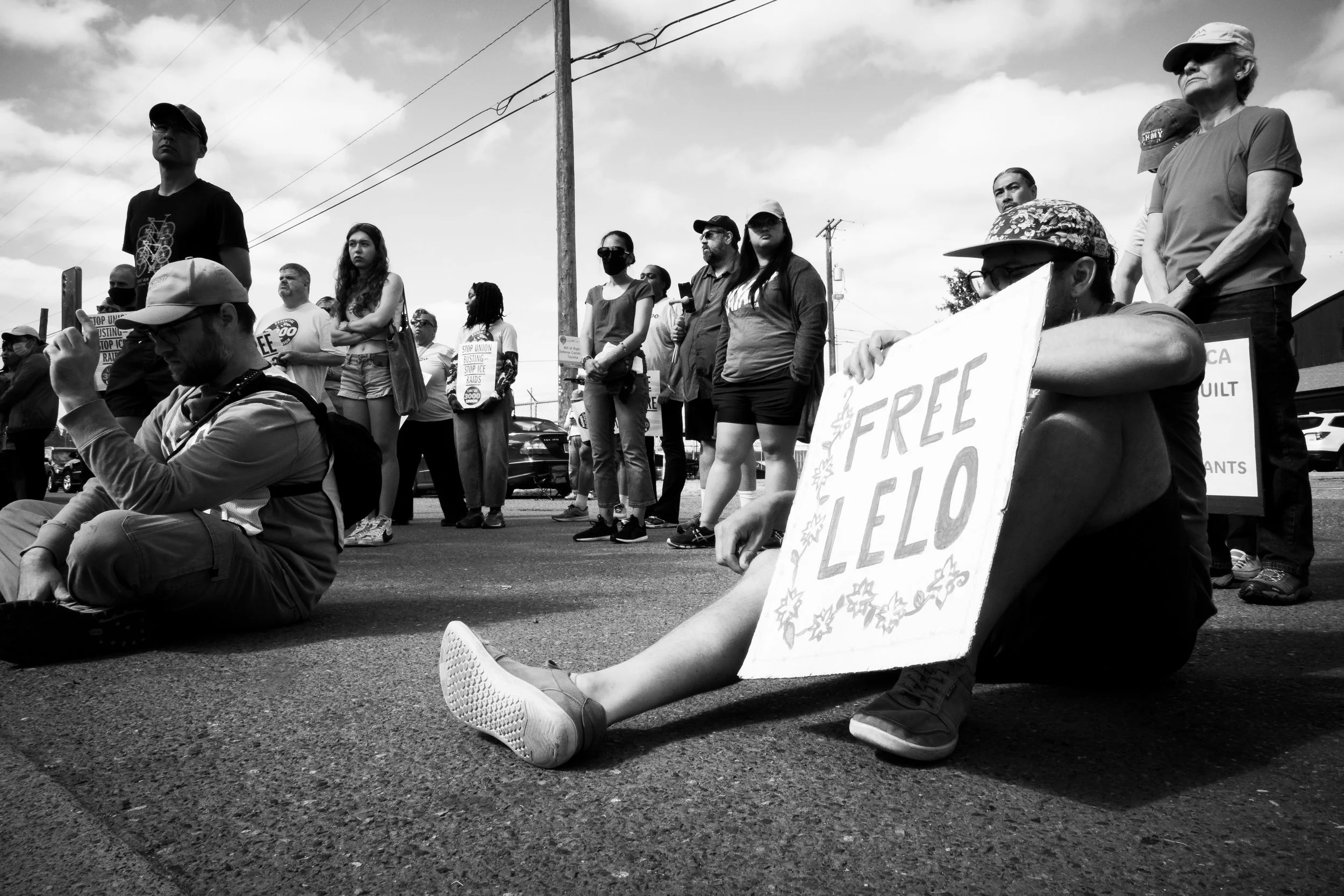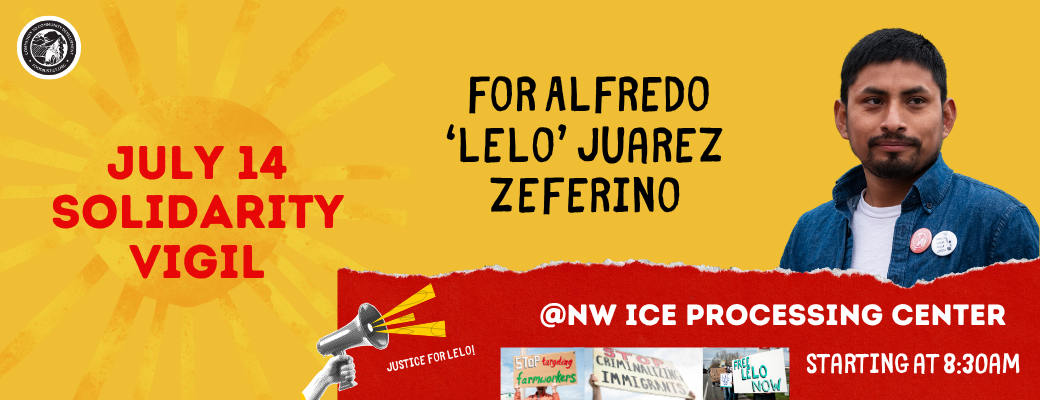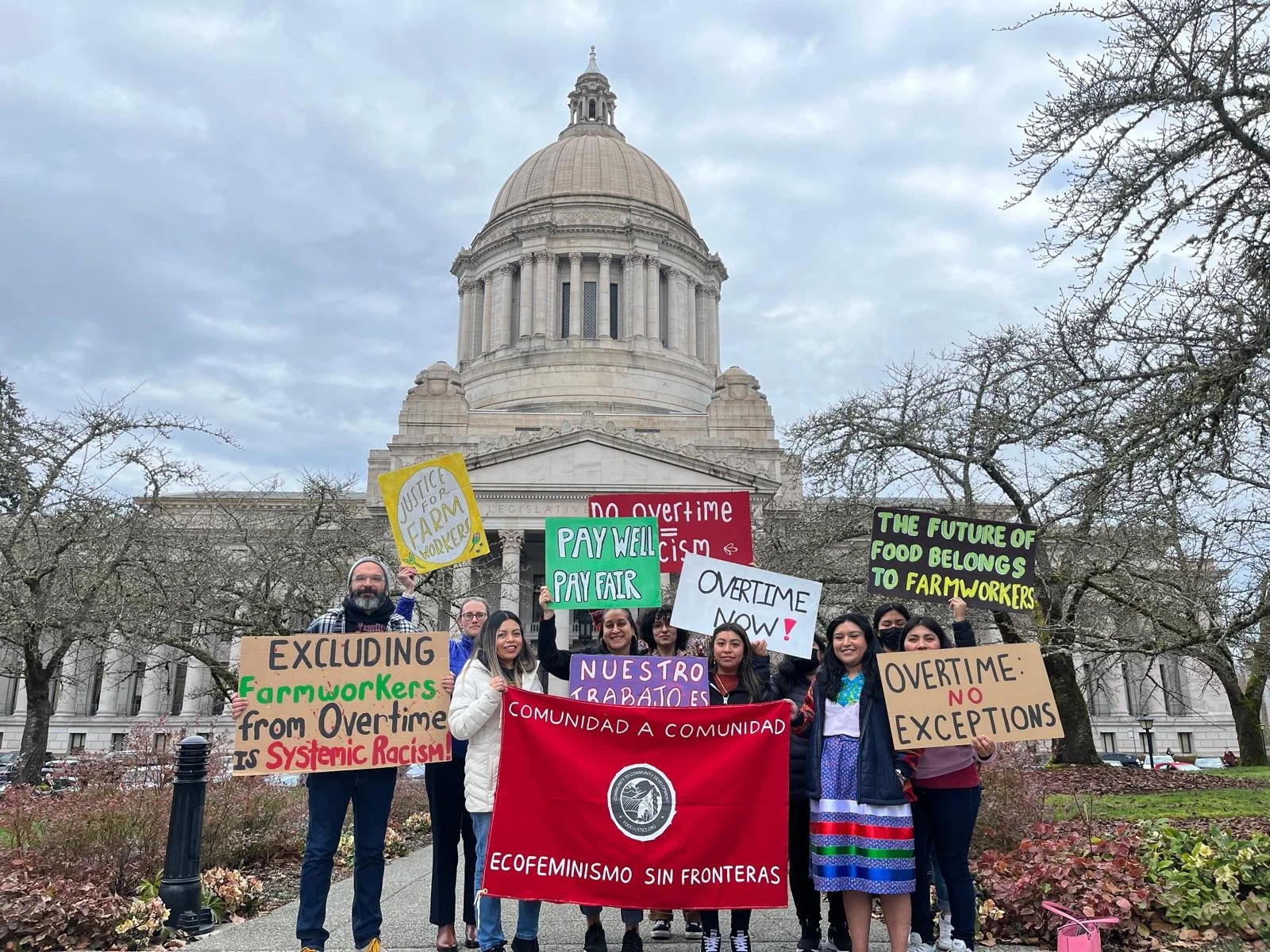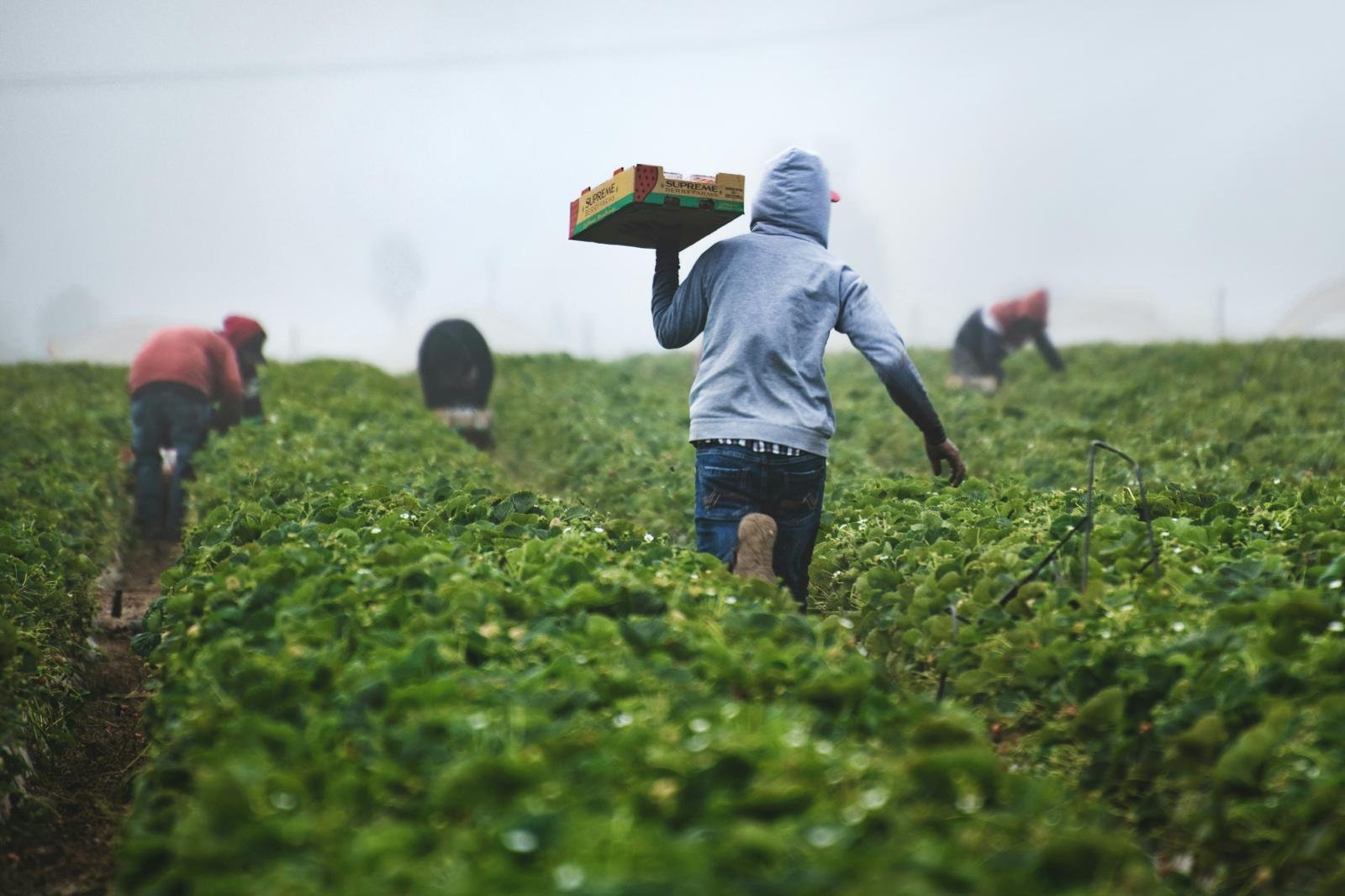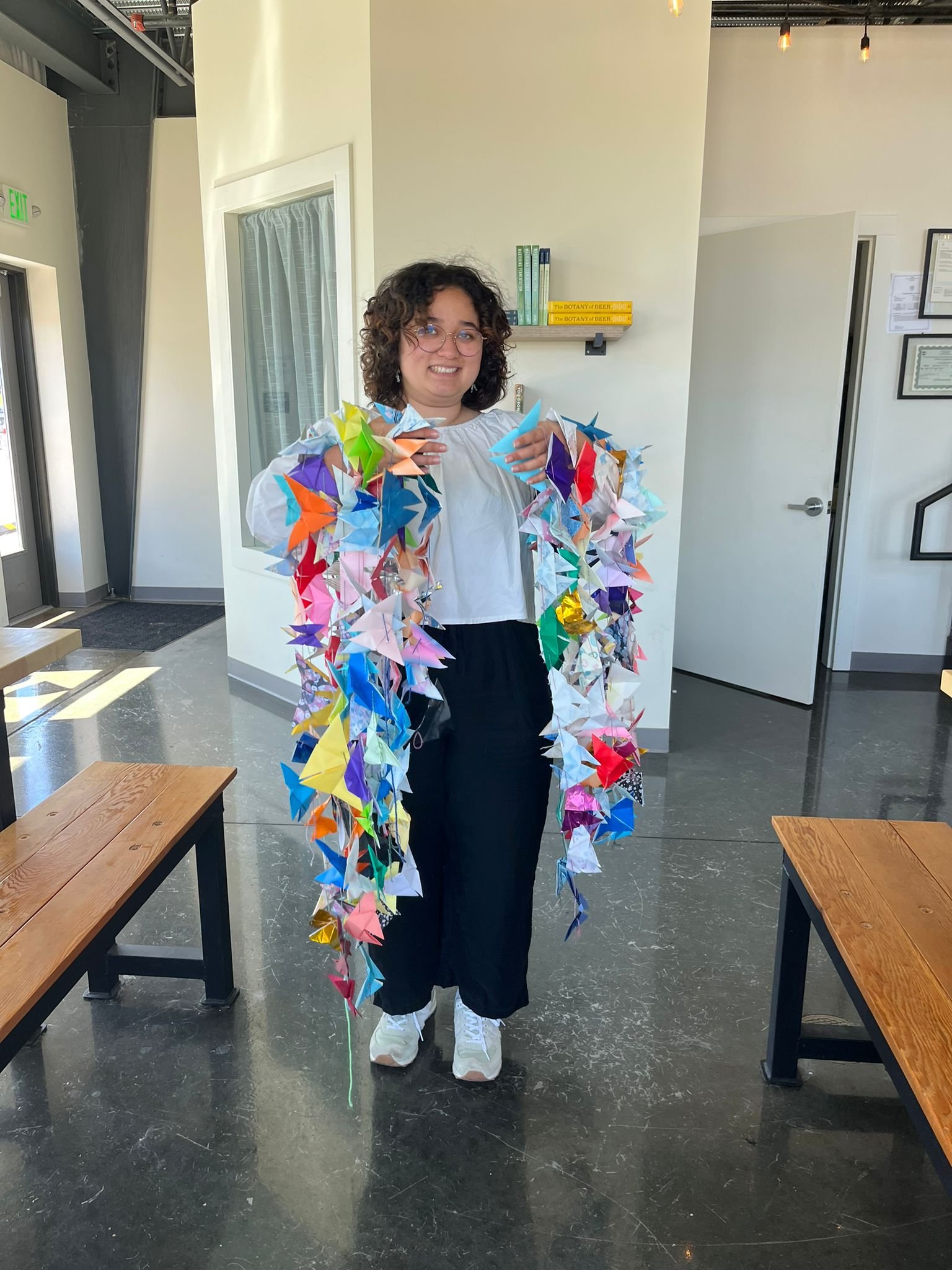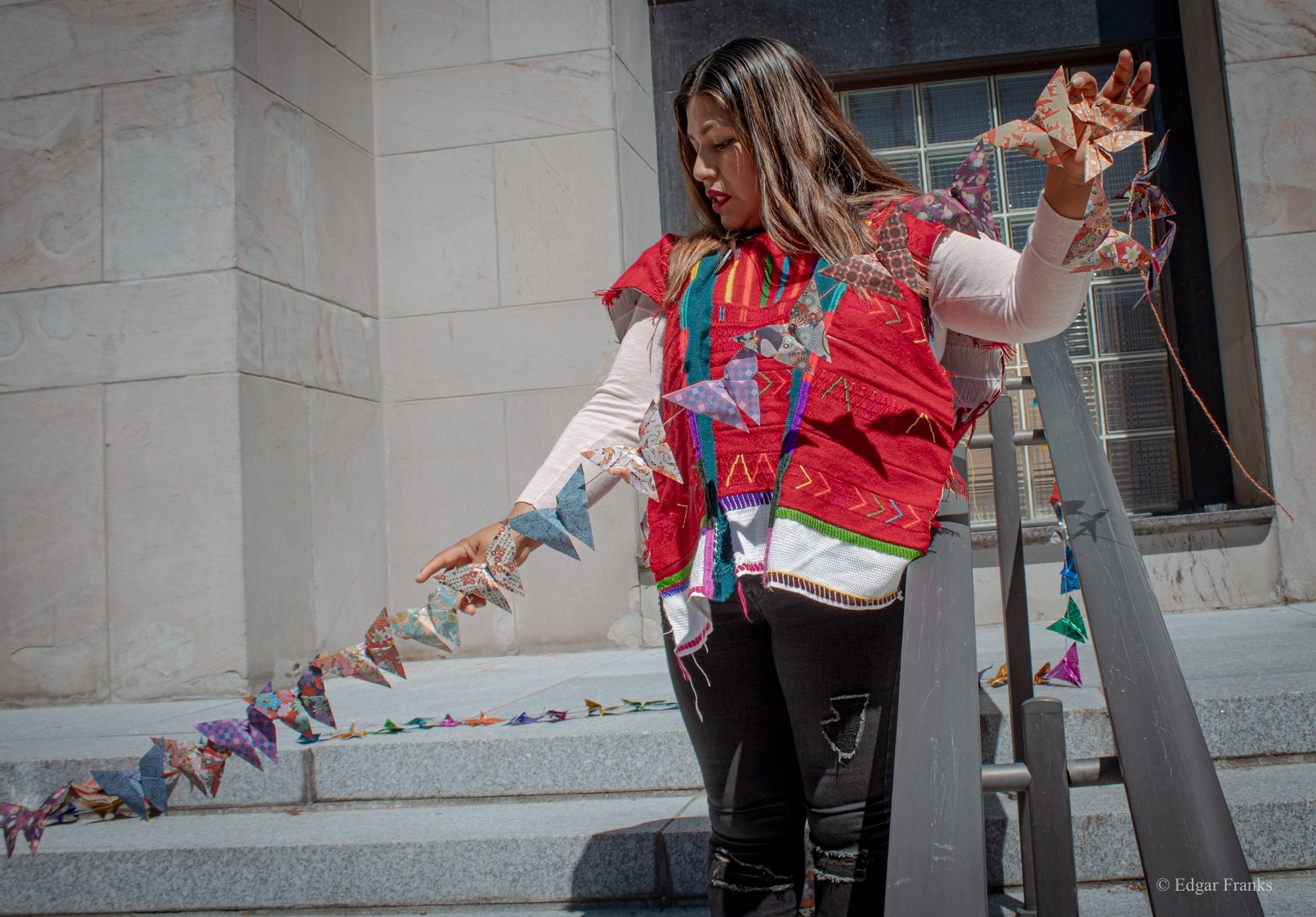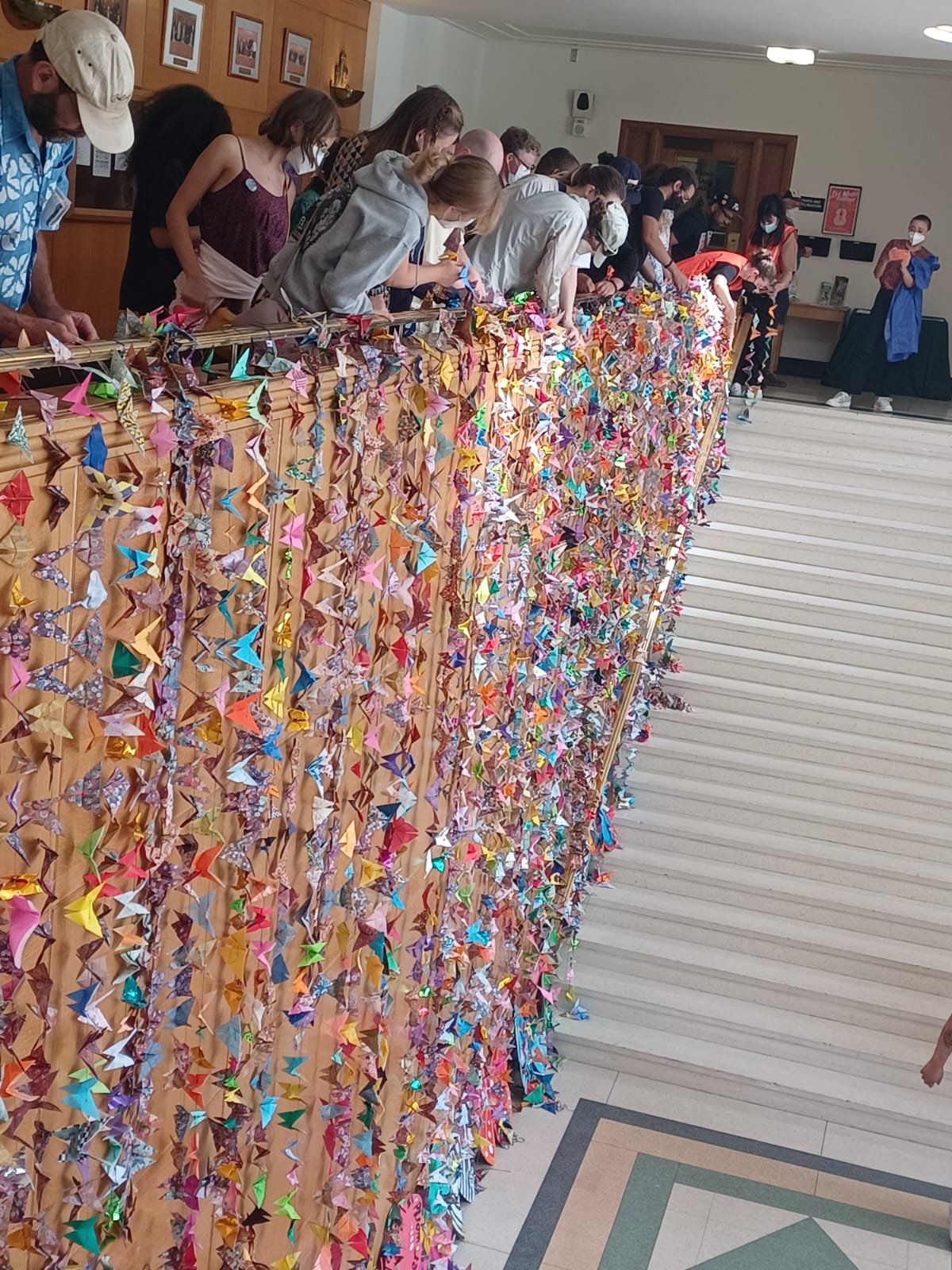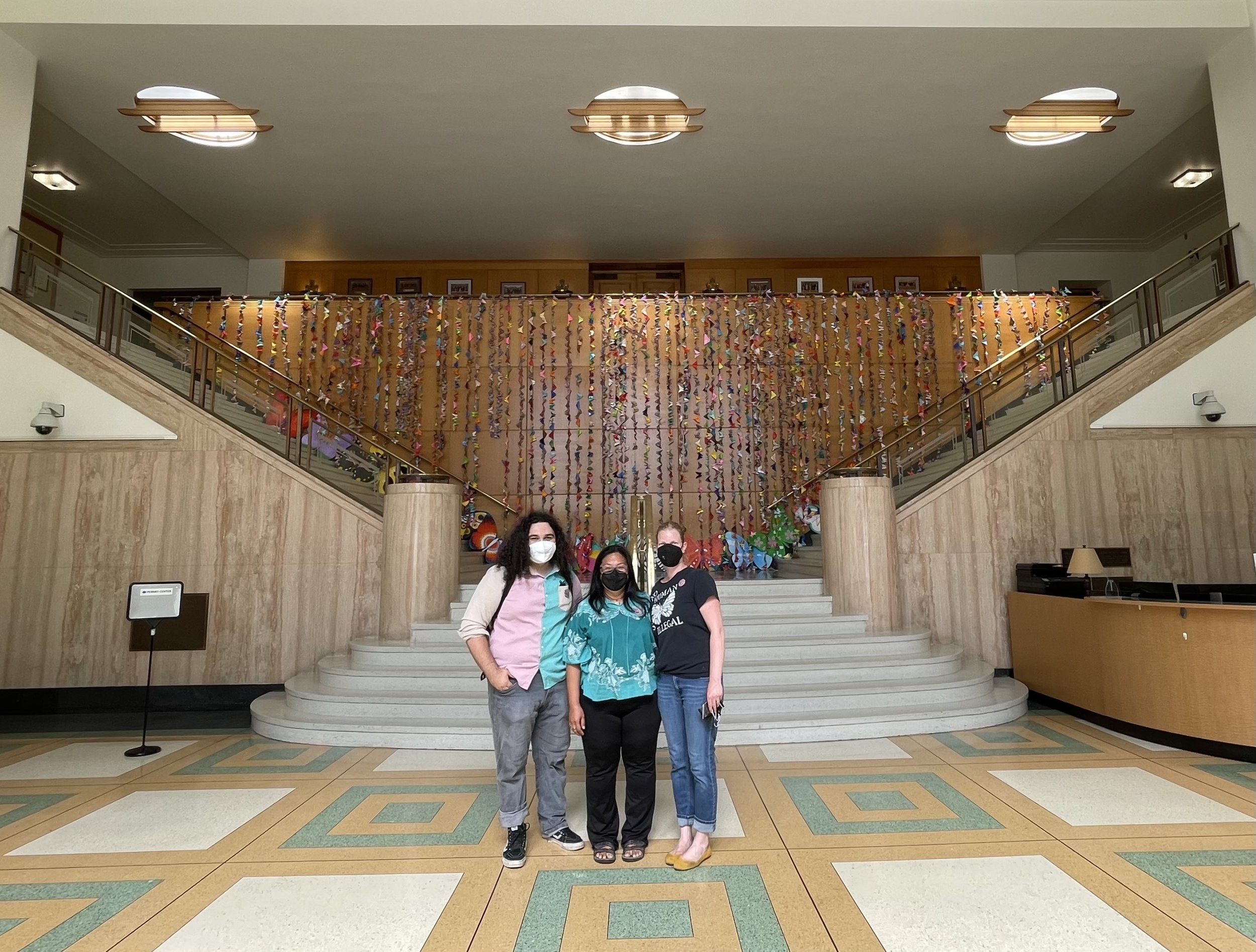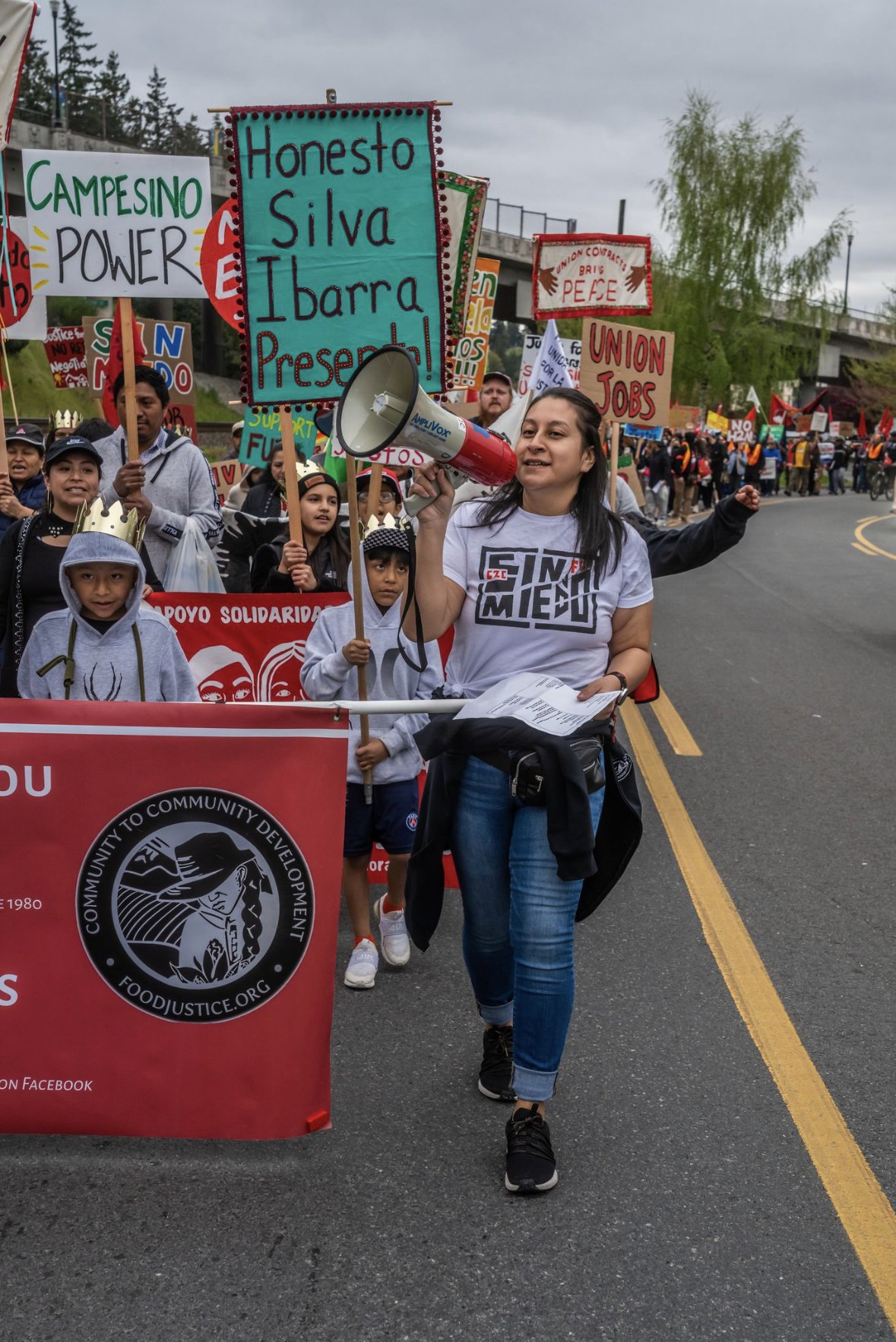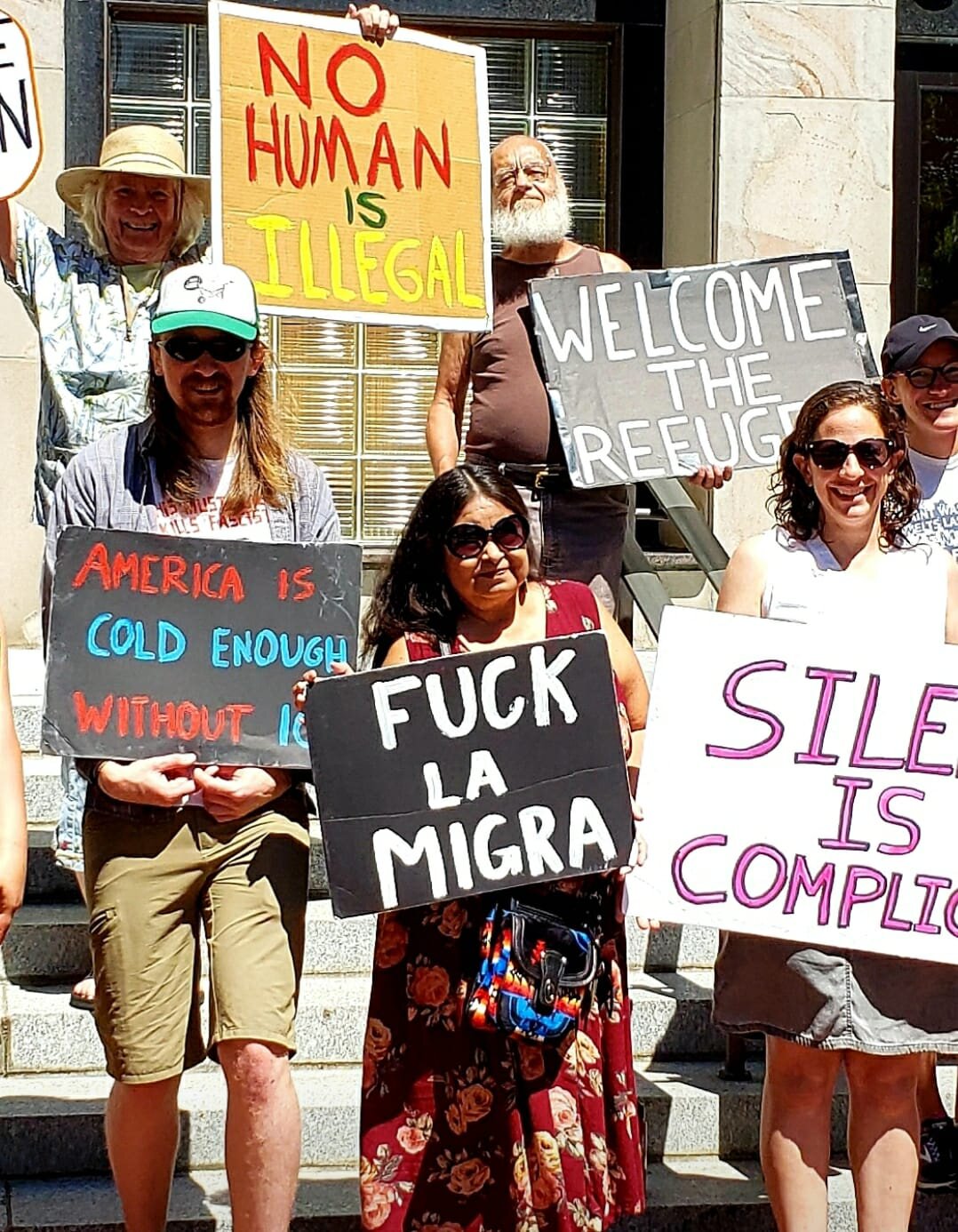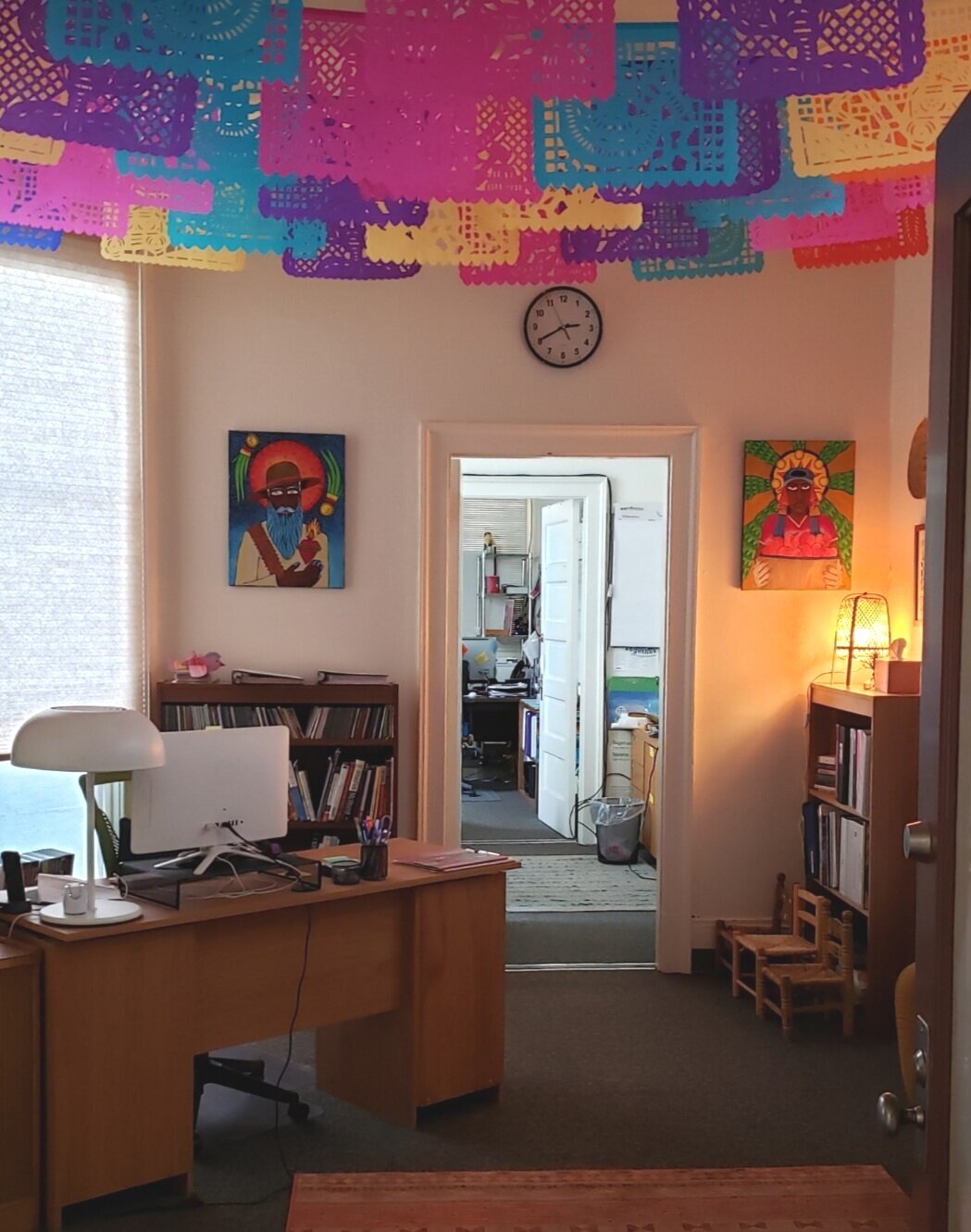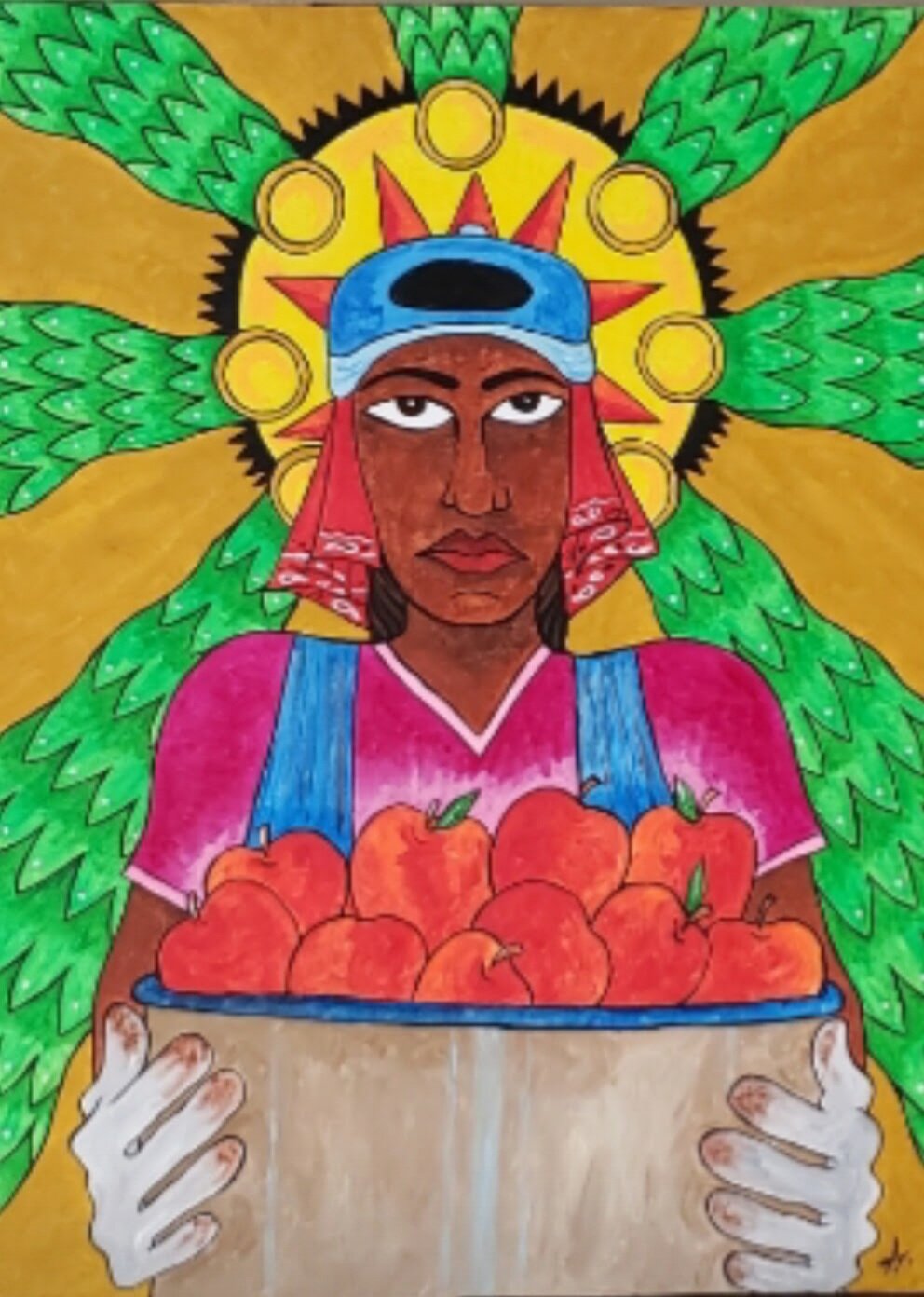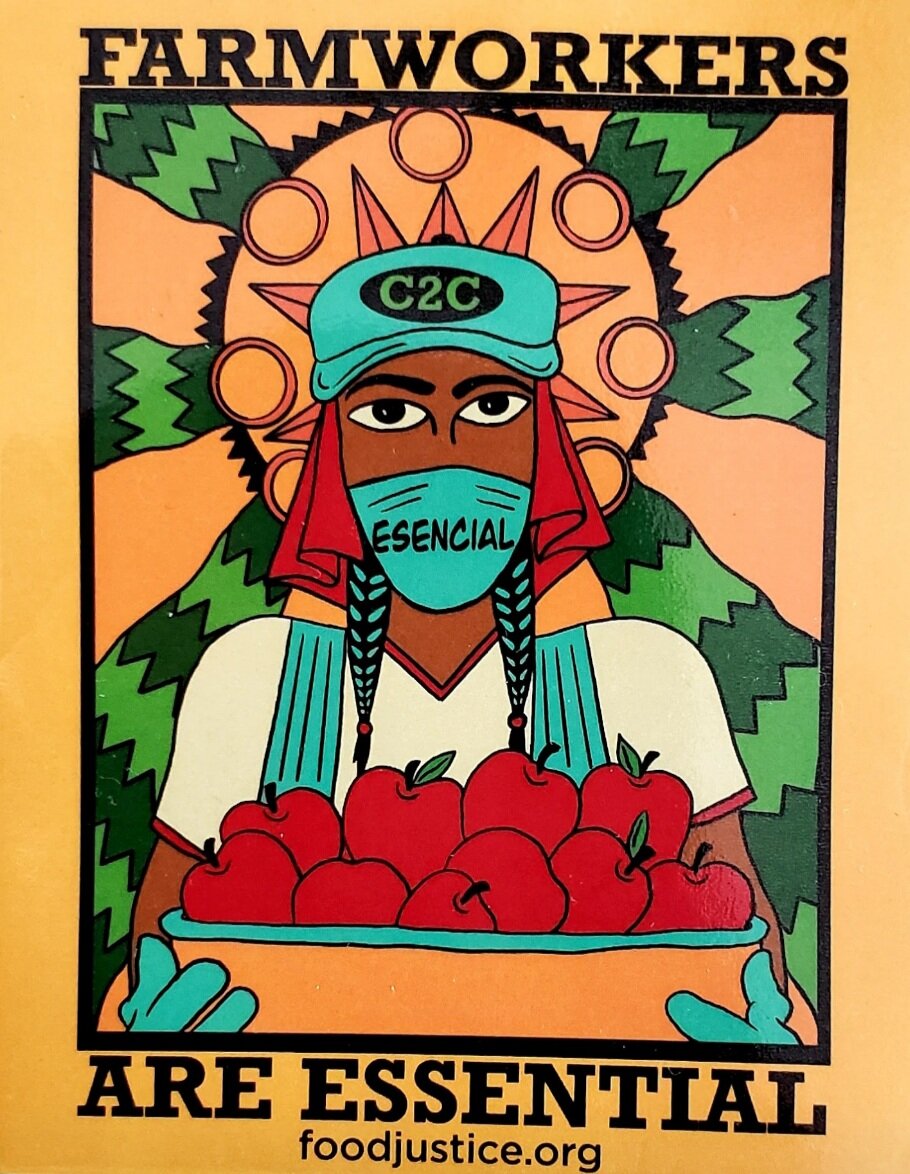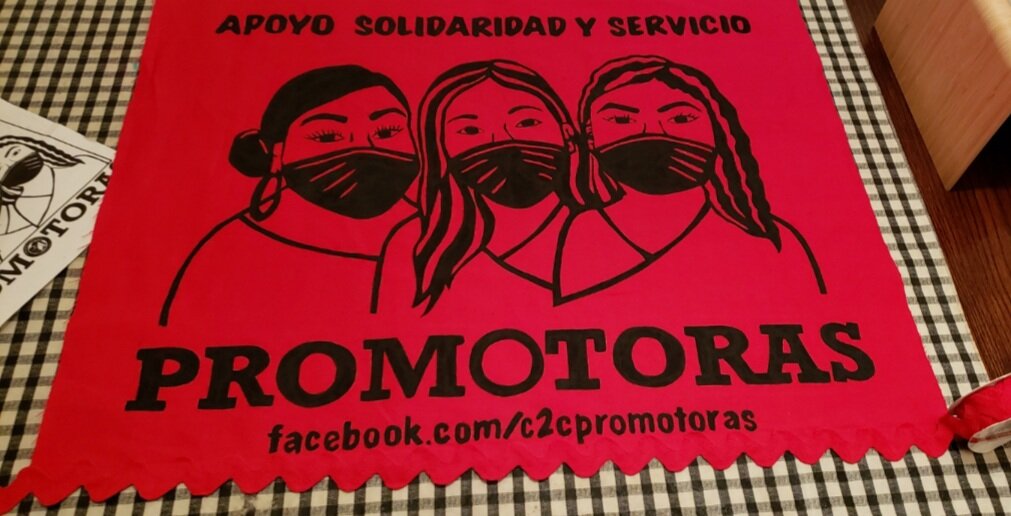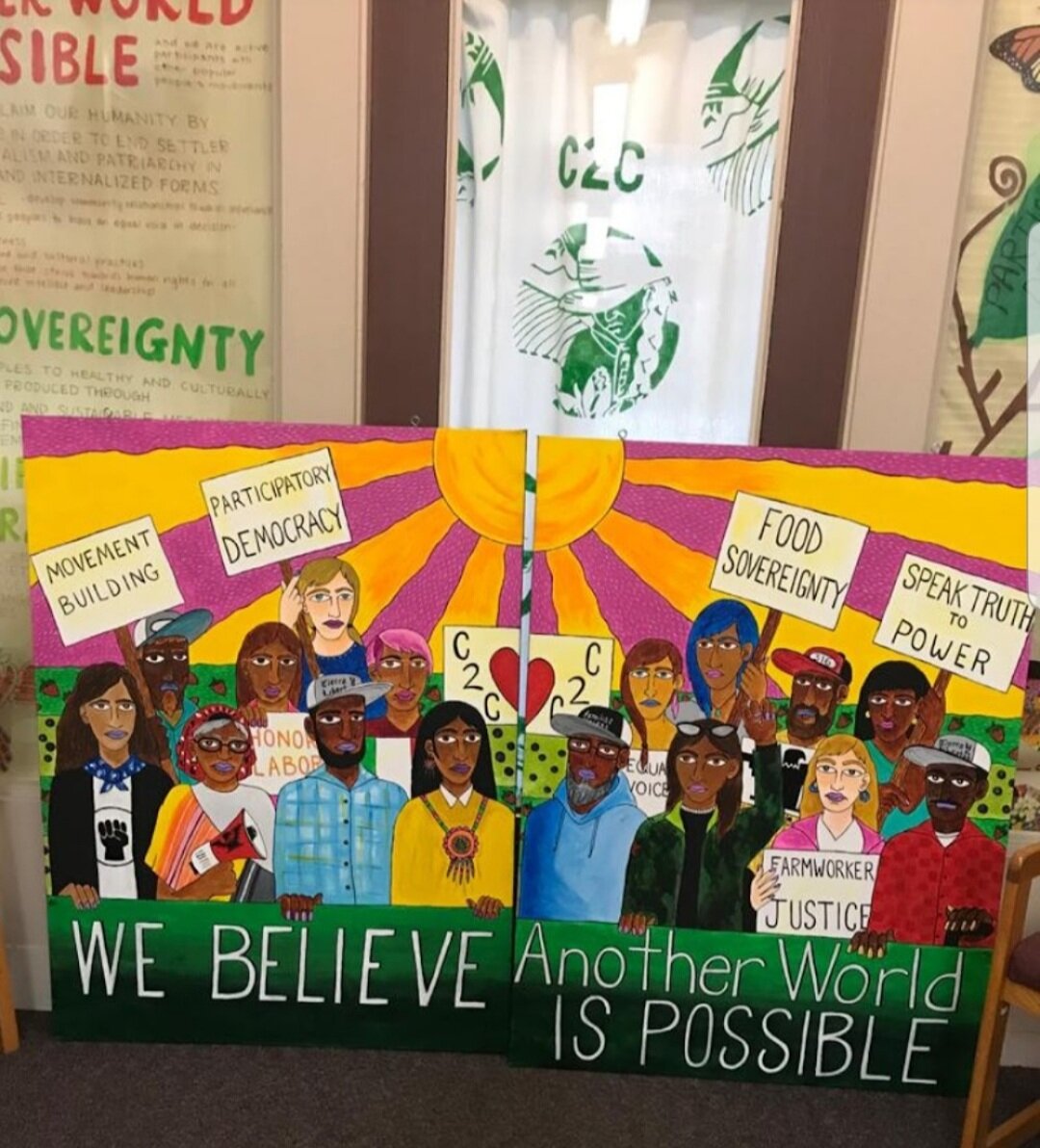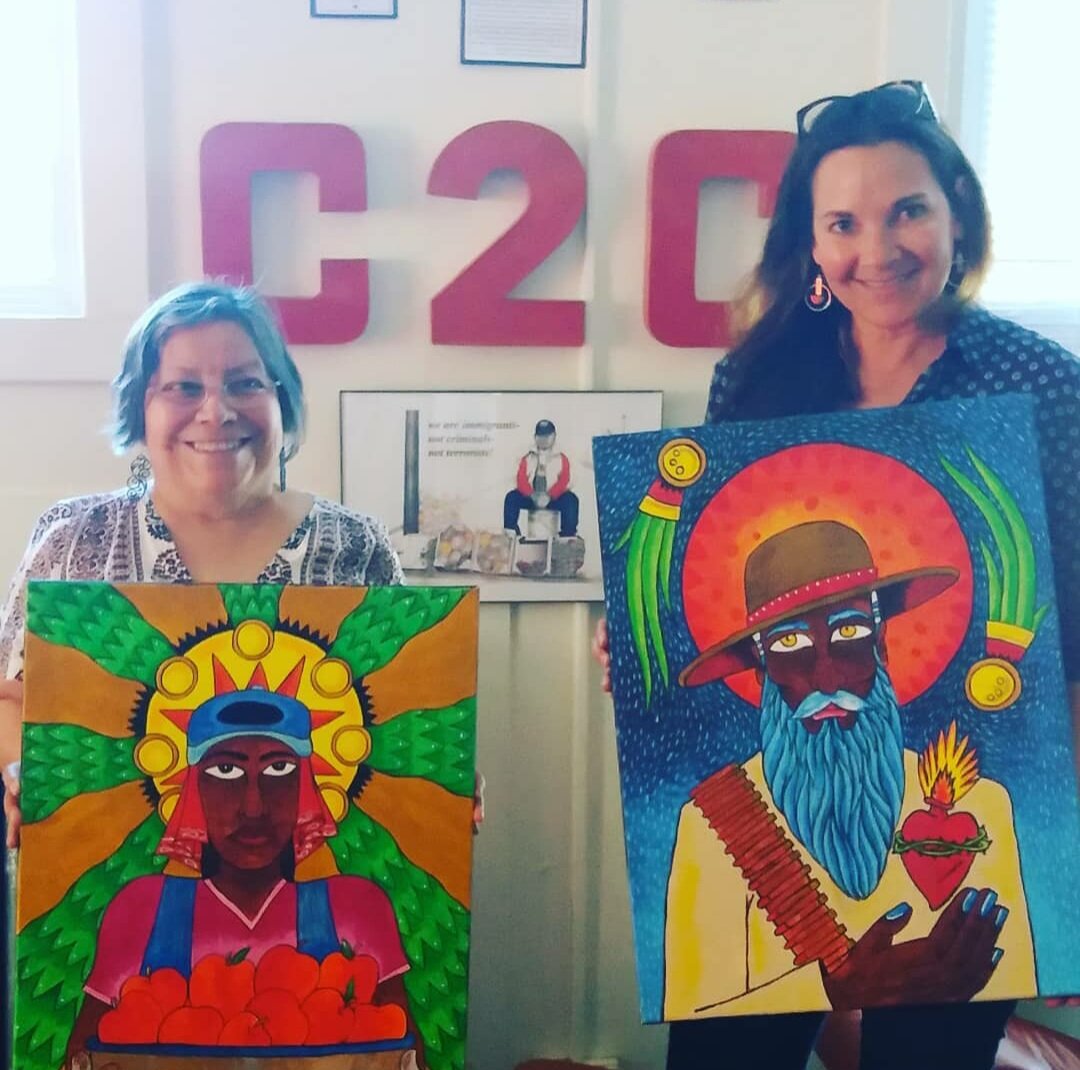By Rosa Martha Zárate Macías
Director and Spokesperson for the Alianza de los Braceros del Norte 1942-1964
Q. Why is it important for us to know about the Braceros?
The story of the Braceros will show the world how the impoverished communities are legally exploited, legally enslaved. In the case of the Braceros who came legally to this country, they came to support the United States in World War II with their arms, their brazos. Their history has to be known because of the injustices, the exploitation and the fraud committed against them, because the temporary worker programs are no more than a legalized way to forge the chains of slaves and thus violate workers’ rights and human rights.
That’s why we have to know about the Braceros because it shows how legally, the United States and other countries, their allies, used the temporary worker program to lure millions of men from the most impoverished sectors of Mexico and then exploited them for their goodwill and strength of arms.
Q. What are the legal issues we are dealing with?
Braceros began organizing their movement in 1998. They believe they have a just claim against the Mexican government for the ten percent that was deducted from their salary by the US Department of Labor and farm owners. They are also bringing a case against the United States together with Mexico, for ignoring their demands seeking repayment of the historical debt owed to 4.6 million workers who came to this country to work in the agriculture industry and in the railroad industry. The Alianza was founded in 2007 to represent the Braceros residing in the US. Since then, members of the Red Binacional de Organizaciones de Ex Braceros has conducted a series of legal actions, taking their case to the United Nations, the Inter-American Commission on Human Rights, and the Permanent Peoples' Tribunal.*
People in the U.S. should recognize their claims because the Braceros have not only been ignored but have been refused the compensation they are owed by the Mexican government and the Mexican banks who supposedly held the funds on behalf of the Braceros. Neither the United States nor Mexico have provided them with the documents necessary for their legal demands to move forward in order to obtain restitution for the nearly five million workers who became as Franklin D. Roosevelt called them, “soldados en los surcos,” that is, soldiers in the fields.
Q. What is the legacy of the Braceros?
The legacy of the Braceros, as we explain in the book, is very important to the history of the United States because their work made it possible for us to look back today and celebrate the victories in World War II. It is vital to get into the hands of the new generation, the granddaughters and grandsons of the Braceros, because it shows the price paid by their antepasados, their ancestors, so they could have a better life.
We can’t allow this new generation of Americans to forget what the Braceros endured: their willingness to leave home and family convinced they will have the possibility to better their lives. Their hard work in brutal and inhumane working conditions, the injustices, facing death from waiting for months to get a chance to be accepted, dying of hunger, incinerated, and buried in common graves and in the fields, and overall suffering discrimination and violation of their human dignity. The Bracero case was found by the Permanent Peoples' Tribunal to constitute a “case against humanity.”
The book has as one of its objectives, the recovery of the historical memory of the ancestral pilgrimage of our people, so the new generations assume their responsibility to participate in the building of a just society ¨with dignity and justice for all.” A people without historical memory will remain enslaved, subjected to the mechanisms of exploitation and domination.
The values of courage, determination, looking for a better life, paying the price, all those are values no one can forget and that is one of the objectives of the book. The Braceros who didn’t go back to Mexico and now reside in the United States, have worked with us to assemble a testament, a will, a document, to say. “Never forget the way we were treated and never allow others to be enslaved as we were.”
The book is titled, Our Grandfathers Were Braceros and We Too/Nuestros Abuelos Fueron Braceros y Nosotros También because the people in control of the social system in which we live continue to exploit our labor force, our arms, our intelligence… we are the Braceros of today!
Q. There is a bill in congress right now, H-2A Temporary Agricultural Employment of Foreign Workers. What do you think of this legislation?
This is another goal, another objective of writing this book. Because in talking with the Braceros of the Alianza de Braceros del Norte from California, Nevada, Arizona, and Washington, it was decided that this book would set a precedent of how these temporary worker programs are a mechanism to keep enslaving people and to enforce this mechanism of exploitation. This proposed law has to take into account the Braceros’ story. We don’t want farm laborers to be victimized anymore nor have the exploitation of the past perpetuated. Any organizations involved in any way with the proposed legislation in Washington should take into account the half-century of struggle by the Braceros and be firm in watching and defending the rights of the temporary workers of today.
Q. How will the members of the Alianza de Braceros del Norte benefit from the proceeds of the book?
Since early 2000, we have collaborated bi-nationally with the Braceros in Mexico. Since 2007, we decided to organize our own Alianza among Braceros living in US and assure that our Mexican constitutional rights are respected. Over that period, many authors, many historians, and other professionals have been interested in that history: they came to us, interviewed us, took our pictures, and we never heard back from them. My co-author, Abel Astorga Morales, and I, and the translator, Madeline Rios, decided to do better. So, whatever proceeds we get from the book will go to benefit the groups that participated in putting it together by their witness.
The money will be used for legal defense against both Mexico and the U.S. because the struggle continues, here and in Mexico. After 23 years, the governments in turn have not responded to the Braceros’ demand of justice. Thousands of the Braceros have joined the movement, most of them have died standing on the front line, the few survivors of the “Bracero Holocaust,” as they name their experience, are not ready to give up their fight until the historical debt is paid.
We are inviting the children, the relatives of the Braceros to stand on the frontline and demand justice for their grandparents.
Q. Tell us a little more about the book
This book, Our Grandparents Were Braceros and We Too/Nuestros Abuelos Fueron Braceros y Nosotros También is a bilingual edition. We have a photo album that reveals the way our grandfathers were treated, how they were sprayed with DDT, with pesticide. The strongest of them were chosen, as if they were selecting the best slaves. This book is for you and everyone in this country to learn and defend this struggle of the Braceros. We invite you to join the movement.
We believe this book, which brings together primary documents of the time with firsthand accounts from people who worked in the Bracero Program, is a tremendous resource for anyone interested in labor rights history, and it exposes a dangerous precedent for migrant farmworker policies that continue to allow and condone abuses of workers today.
Rosa Martha Zárate Macías and Abel Astorga Morales are co-authors of Our Grandfathers Were Braceros and We Too/Nuestros Abuelos Fueron Braceros y Nosotros También. Madeline Newman Rios is the translator of the English version.
The book is a publication of Somos en escrito Literary Foundation Press. Copies are available from online retailers but we recommend ordering them through local bookstores and asking they carry the book for sale. Use the English title to order: Our Grandfathers Were Braceros and We Too.
For more information or to contact Rosa Martha for interviews or presentations, contact editors@somosenescrito.com or call 510-219-9139.
______________________
Rosa Martha Zárate Macías, a native of Guadalajara, Jalisco, has resided in California since 1966. She was a primary school teacher in her hometown and later in San Ysidro, CA, earned a Bachelors in Music and in Pastoral Theology in Mexico, and studied under Paulo Freire in the U.S. and Mexico. As a singer-songwriter, she has participated in social justice actions in the U.S. since the 1960s. Cofounder of the Librería del Pueblo, an immigration and citizenship project in San Bernardino, she has collaborated in the founding of community, health, and alternative economy projects in the U.S. and Mexico. After two decades of supporting the campaign for justice of the Ex Braceros, she is also a proponent of the Binational Mi Abuelo Fue Bracero y Yo También project, whose aim is to establish educational programs for social change.
*Editor’s Note: The Permanent Peoples' Tribunal is an international People's Tribunal founded as a grassroots initiative in Bologna, Italy, on June 24, 1979, to make permanent the occasional tribunals held previously to denounce the crimes committed by the military regimes in Latin America.





